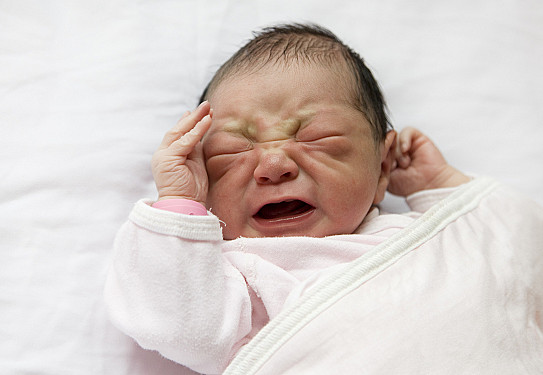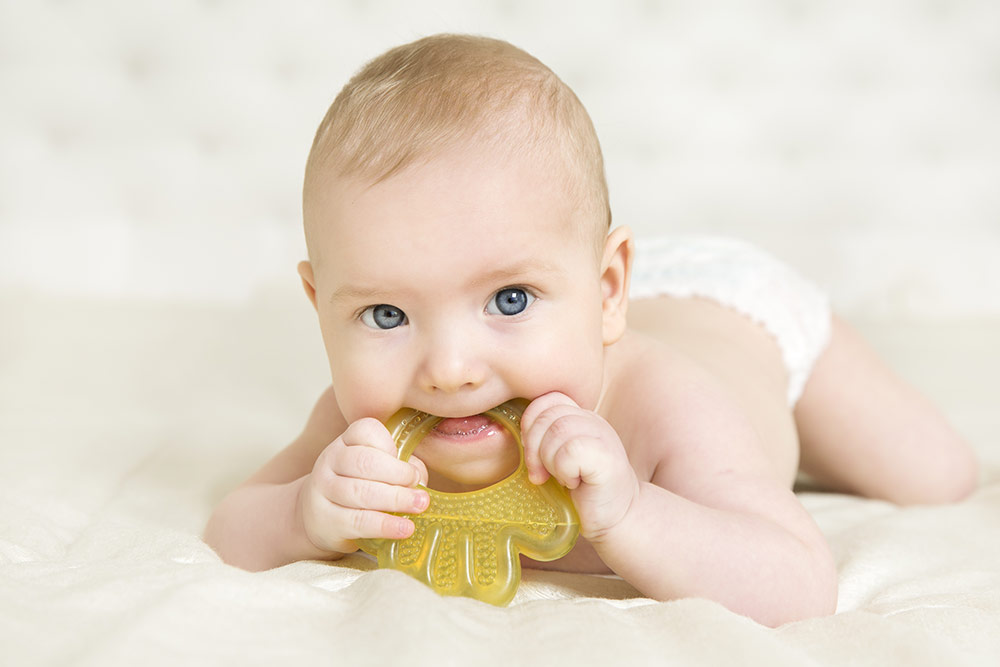Newborns are known for their erratic sleep patterns, which can be challenging for new parents. Understanding why your newborn isn’t sleeping at night can help you address the issue and improve everyone’s rest. Here are some common reasons for nighttime wakefulness in newborns.
Other Topics You Might Like
Helpful Products You Might Like

Swaddling for Baby Sleep

Sound Machine For Baby

Calming Baby Bedtime Spray
"(Paid Links)" 
Hunger
Newborns have small stomachs and need frequent feedings. If your baby isn’t sleeping well at night, hunger could be the culprit. Ensure your baby is feeding enough during the day and consider offering a nighttime feeding if they seem hungry.

Sleep Associations
Babies often develop associations with sleep, such as needing to be rocked or fed to fall asleep. If your baby has these associations, they may struggle to sleep through the night without them. Gradually transitioning to self-soothing methods can help.
Discomfort

Diaper rash, gas, or other discomforts can disrupt your baby’s sleep. Check for signs of discomfort such as fussiness or signs of pain, and address any potential issues like a wet diaper or a need for burping.
Overstimulation
Newborns can easily become overstimulated from activities or interactions before bedtime. A calming bedtime routine with dim lights and soft sounds can help signal to your baby that it’s time to wind down.
Sleep Environment
The sleep environment plays a crucial role in your baby’s ability to fall asleep and stay asleep. Ensure the room is at a comfortable temperature, and use a white noise machine or soft music to create a soothing atmosphere.

Growth Spurts
During growth spurts, babies may experience temporary changes in sleep patterns. These periods of rapid development can cause increased hunger and wakefulness. Be patient, as this phase is usually temporary.
Colic
Some newborns experience colic, characterized by excessive crying and fussiness, especially in the evening. This can interfere with nighttime sleep. While the cause of colic isn’t fully understood, comforting techniques and a consistent routine may help.
Health Issues
If your baby is unusually fussy or has trouble sleeping, it could be a sign of an underlying health issue, such as reflux or an ear infection. Consult your pediatrician if you suspect your baby’s sleep issues may be related to health concerns.
Sleep Schedule
Newborns do not have a regular sleep schedule, and their internal clocks are still developing. Establishing a consistent bedtime routine can help regulate their sleep patterns over time.
Teething

Though less common in very young newborns, teething can begin early for some babies. Teething discomfort can cause nighttime wakefulness. Look for signs of teething, such as drooling and gum sensitivity.
Understanding the reasons behind your newborn’s nighttime wakefulness can help you implement strategies to improve their sleep. Be patient and flexible, as it may take time for your baby to develop a consistent sleep pattern. If sleep issues persist or worsen, seeking advice from a pediatrician can provide additional guidance.
